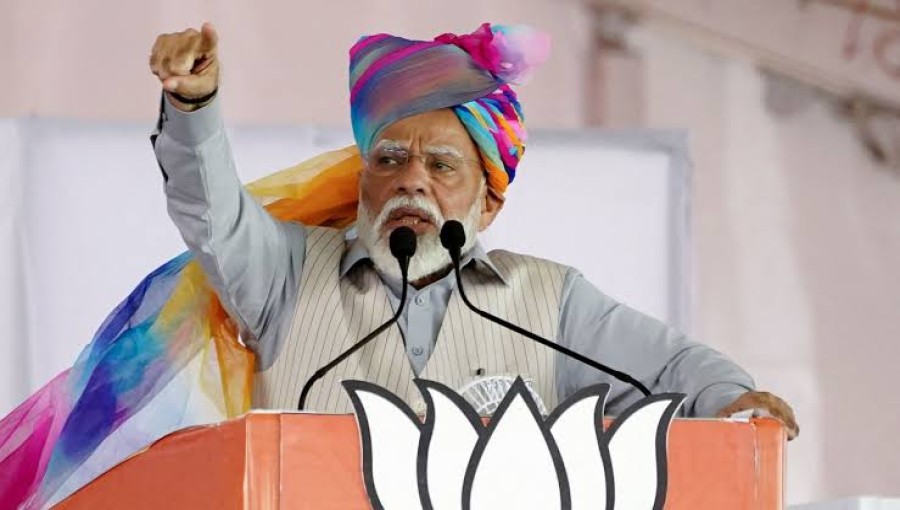During Prime Minister Narendra Modi's decade in power, the rights of India's Muslim minority have been significantly eroded, according to various reports and analyses. Modi's tenure has seen a series of legislative and administrative actions that critics argue disproportionately target Muslims, exacerbating religious divides in the country.
1. Citizenship Amendment Act (CAA): The CAA, passed in 2019, offers a path to citizenship for non-Muslim refugees from neighboring countries. Critics claim it is discriminatory against Muslims, as it excludes them from the benefits granted to other religious groups.
2. Revocation of Jammu and Kashmir's Special Status: In 2019, the Modi government revoked Article 370, which granted special autonomy to Jammu and Kashmir, India's only Muslim-majority state. This move has been seen as an attempt to alter the demographic and political status of the region.
3. Construction of the Ram Mandir: The construction of the Ram Temple on the site of the demolished Babri Masjid in Ayodhya has been a point of contention. The demolition of the Babri Masjid in 1992 led to widespread riots and violence. The recent developments have been perceived as sidelining Muslim historical claims.
4. Beef Ban: Several BJP-ruled states have imposed bans on the sale and consumption of beef, which impacts Muslims disproportionately as beef is a part of their diet and many are involved in the cattle trade.
5. Erasure of Mughal History: Efforts have been made to rename places and monuments associated with the Mughal era, which Muslims see as an attempt to erase their historical contributions to India.
A U.S. human rights report has highlighted the increasing violations of religious freedoms for minorities in India, particularly Muslims. The report points to rising incidents of violence and discrimination against the community under the Modi administration.
Muslims, who make up around 14% of India's population (approximately 200 million people), have faced growing marginalization. Historically, Muslims and Hindus have lived together peacefully, participating in each other’s cultural and religious events. However, under Modi’s rule, incidents of communal violence and polarization have increased.
The representation of Muslims in Indian politics has significantly declined. Despite being a substantial part of the population, their representation in Parliament has fallen from 9% in the mid-eighties to about 5% today. No state in India currently has a Muslim chief minister, and BJP-led states have minimal Muslim representation in their legislative assemblies.
The BJP has consistently denied allegations of discrimination against Muslims. They point out that Muslim candidates have been fielded in elections, though none have won under the BJP ticket. However, political analysts argue that Modi’s rhetoric and policies contribute to an environment where Muslim candidates struggle to gain support.
As India waits for the results of the current elections, there is significant concern among the Muslim community about further marginalization if Modi secures a third term. Experts warn that continued alienation of Muslims could deepen societal divisions and threaten the multicultural fabric of Indian society.





























Comment: